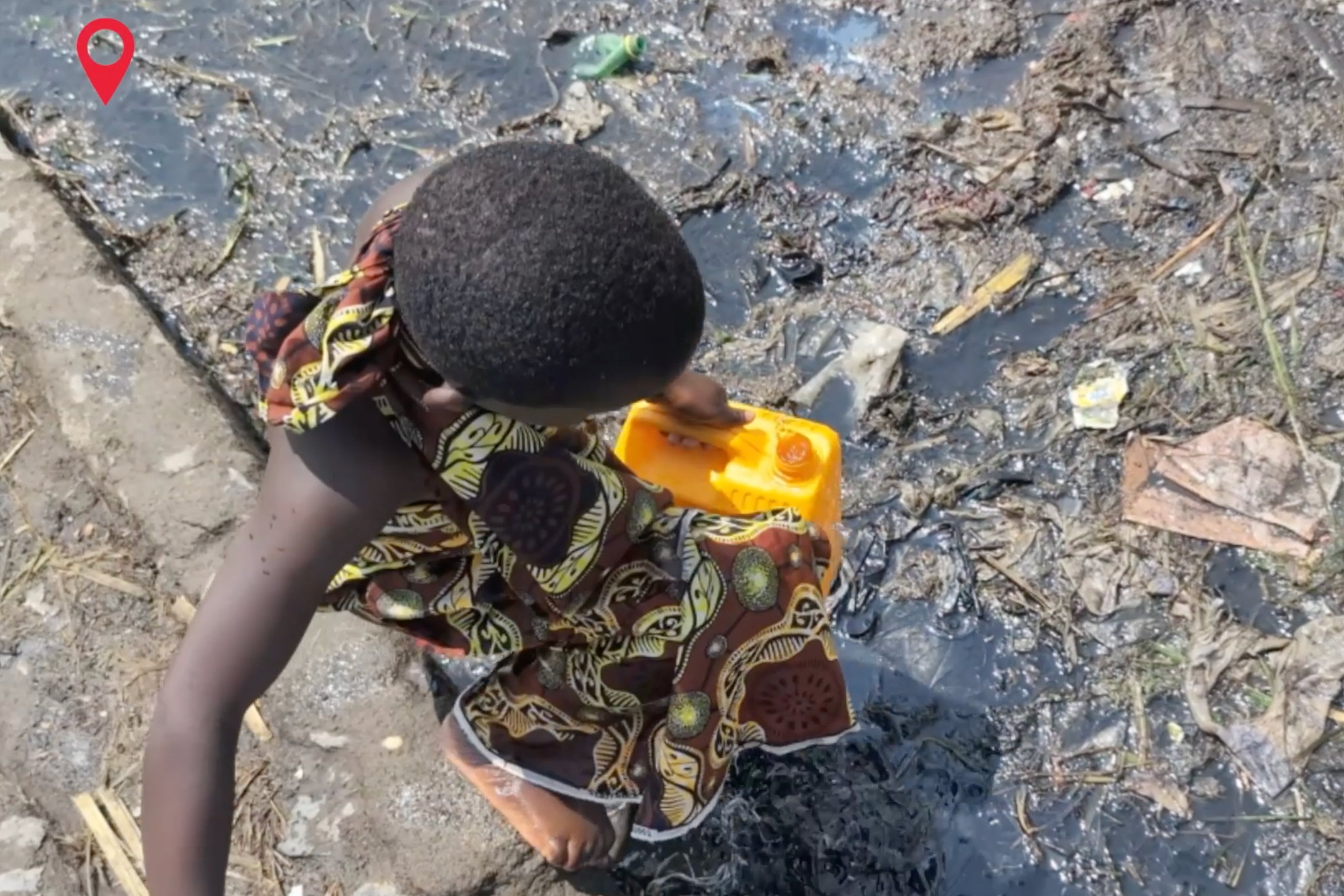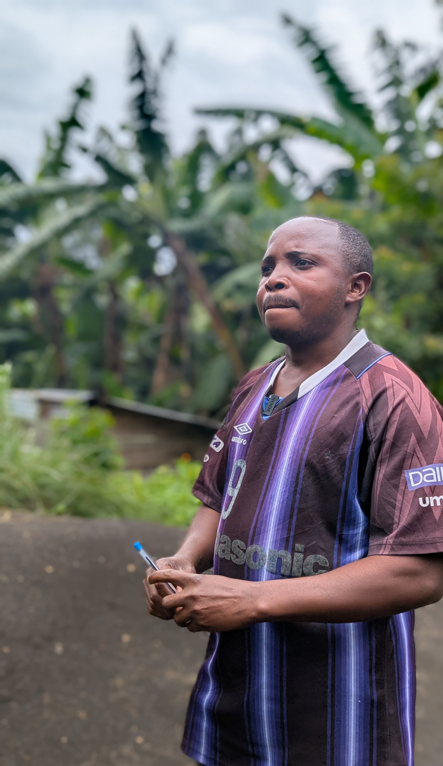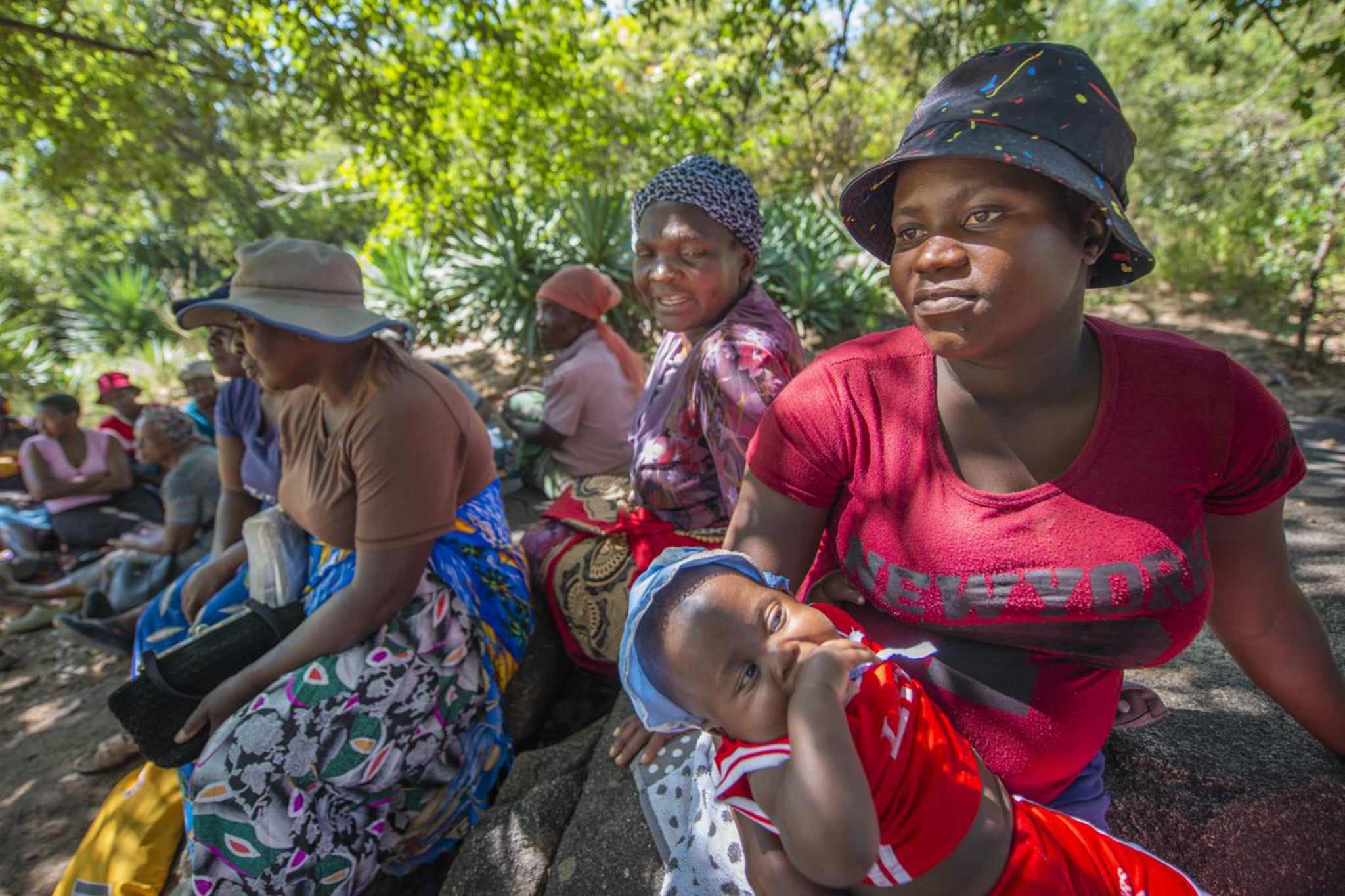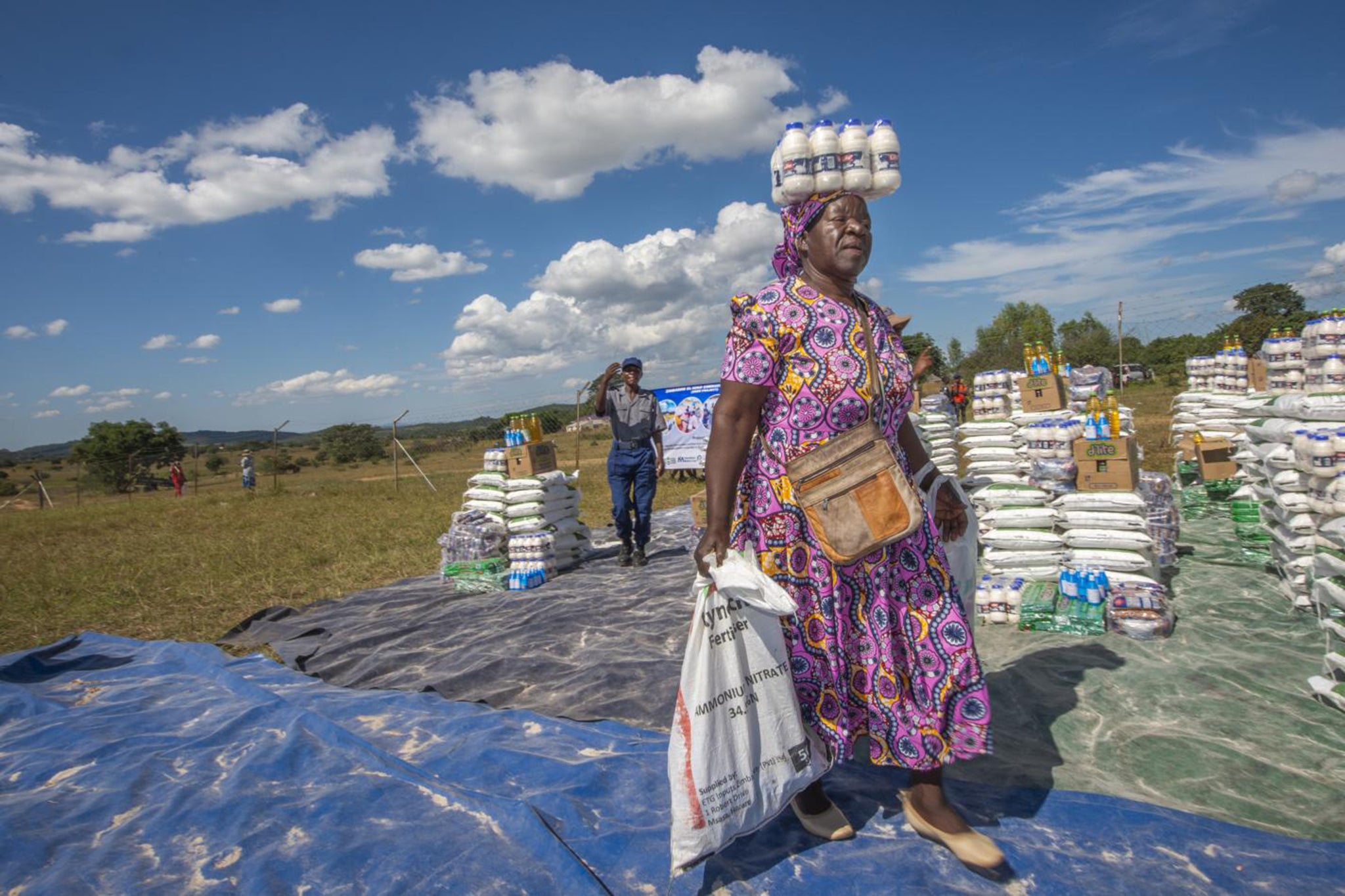The UN has warned that aid funding for dozens of crises around the world has dropped by a third – worth billions of dollars – against a backdrop of Donald Trump having slashed US funding and other nations, including the UK, having announced cuts.
The United Nations Office for the Coordination of Humanitarian Affairs (OCHA), which coordinates aid organisations in their humanitarian responses, reports that for the 44 crises it has prioritised this year, only around 11 per cent – or $5.4bn (£4bn) – of the $46.2bn required for its response plans has been funded so far this year.
According to Anja Nitzsche, chief of resource mobilisation at OCHA: “Coverage of needs is only [around] 10 per cent, which is significantly lower than the 15 to 18 per cent funding we normally see. We are only around two-thirds of where we are in a typical year, so the trajectory is not good.”
The biggest contributor to the drop is cuts to the United States Agency for International Development (USAID) programmes, with US funding for humanitarian crises down by 42 per cent over the first five months of the year compared to the same period last year, according to OCHA.
In the east of the Democratic Republic of Congo (DRC), a region long ravaged by violence, humanitarian aid cuts are biting hard.
Speaking to The Independent, Oxfam DRC director Manenji Mangundu describes how aid cuts came “at the worst possible moment”, with intensifying clashes between armed groups and government forces pushing many of the displaced 700,000 to try and return to their ruined villages for the first time in several years.
“Our staff have harrowing stories about how people eat anything they can find, feeding their children with leaves and scraps scavenged from market floors,” Mangundu says. “Many sell their belongings, such as goats or mobile phones, at very low prices to obtain food or medicine. Others beg for food or money, incur debts they are unable to repay, or steal from fields to survive.”
USAID has traditionally been DRC’s largest humanitarian aid donor, providing some $920m in 2024, or 67.9 per cent of DRC’s humanitarian aid. So far in 2025, however, the US has slipped into fourth place behind the EU, UK, and Germany, with the US providing just $36.5m, or 13.8 per cent of the country’s humanitarian aid total.
Oxfam reports that in eastern DRC, increased use of untreated river water and stagnant water for drinking, food preparation and personal hygiene is increasing the risk of diseases like cholera.
“In the surrounding villages, people have no choice but to fetch dirty water from the rivers and consume it untreated,” says Bahati Samuel, a father of seven children who has returned to his village of Mitumbala, in DRC’s North Kivu province.
“Since our return, eating has been a serious problem, and it’s not certain that we will find something to fill the belly,” Samuel adds.
Meanwhile, in some extreme cases, women and girls are being forced into sexual exploitation in exchange for food or money, while families are pressuring girls into marriage to access dowry payments or food assistance from the in-laws.
One NGO source in the country, speaking on condition of anonymity, describes how women and girls in the region are resorting to hiding during the day to avoid threats such as forced recruitment, exploitation, or physical harm. “The severe underfunding of gender-based violence response services means that survivors have limited access to the support they urgently need,” they say.


Data suggests that the impact of USAID cuts is being felt severely around the globe, with a survey of 1,000 aid partners carried out by OCHA finding that 79 million people are no longer expected to be helped with humanitarian assistance this year as a result of the decision in Washington, while geographic coverage of humanitarian support from USAID also declining by 33 per cent this year.
The impact of cuts is being felt particularly profoundly in certain countries. Reports from aid workers in the western Ethiopian region of Gambela, which has been shared with The Independent by Oxfam, reveal that life-essential water and sanitation services for 388,000 South Sudanese refugees only have confirmed funding until June 2025, due to the US cutting support for the UN High Commissioner for Refugees (UNHCR).
Humanitarian funding for Haiti, for example, has declined by almost half compared to the same period in 2024, even as humanitarian needs for the country have increased by 30 per cent. Meanwhile, war-torn countries including Yemen and DRC – as well as countries in the conflict-affected and climate-vulnerable Sahel region of Africa such as Nigeria, Niger, and Chad – have all received 10 per cent or less expected funding from OCHA.
The climate crisis is a growing driver of humanitarian crises globally, making extreme weather events such as droughts or flooding more frequent and exacerbating existing crises. But OCHA data shows that humanitarian funding plans for helping deal with such events are being found particularly wanting. Mozambique’s drought response plan has received just 2 per cent of its required funding; Malawi’s drought response plan receiving 8 per cent of its funding; Zimbabwe’s drought response plan receiving 10 per cent of its funding, and Vietnam’s response plan to Typhoon Yagi and floods receiving 6 per cent of its funding.
Job cuts by humanitarian organisations in recent months are also set to impact the rollout of surviving aid programmes.
The World Food Programme is planning to cut up to 30 per cent of its staff, while the International Organisation for Migration has said it will need to lay off over a third of its workforce. Meanwhile, Save the Children has said job cuts will “impact upwards of 2,300 country office staff”, World Vision has said it will cut some 3,000 workers, while OCHA itself has said it will cut its workforce by 20 per cent.


The UN and NGOs are streamlining and refocusing their operations in response to the funding crisis. OCHA says that it will scale back its presence and operations in Cameroon, Colombia, Eritrea, Iraq, Libya, Nigeria, Pakistan, Gaziantep, in Turkey, and Zimbabwe.
That prioritisation comes after Tom Fletcher, the UN Under-Secretary-General in charge of OCHA, earlier this year called for a “humanitarian reset” in response to the cuts, which he believes will see humanitarian organisations “regroup, reform, and renew” their approaches.
But shifting strategy can only go so far to make up for the dearth in resources. According to Oxfam’s Mangundu, life-saving humanitarian responses are already being prioritised over everything else in Eastern DRC – and there is still not enough money to make ends meet.
“The needs are greater than the means to respond adequately to this crisis,” he says. “The most basic needs for survival – food, clean water, medical care, blankets and protection – are in short supply and will be worse if funding is not secured as soon as possible.”
Cuts to non-life-essential work can also have a devastating impact, Nitzsche adds. “The crises we are dealing with are complicated and multi-faceted,” she says. “If there is no emergency shelter for women and girls, or no psychological support for survivors of extreme trauma, that is a really big deal.”
Despite all of these difficulties, Nitzsche nonetheless stresses that OCHA will continue to do all that it can to support organisations in meeting the needs of the most vulnerable people around the world.
“It has definitely been tough, and pretty existential this year,” she says. “But even if it feels like we have taken a punch to the gut, though we might be a bit groggy, we are not knocked out yet.”
This story has been produced as part of The Independent’s Rethinking Global Aid series







